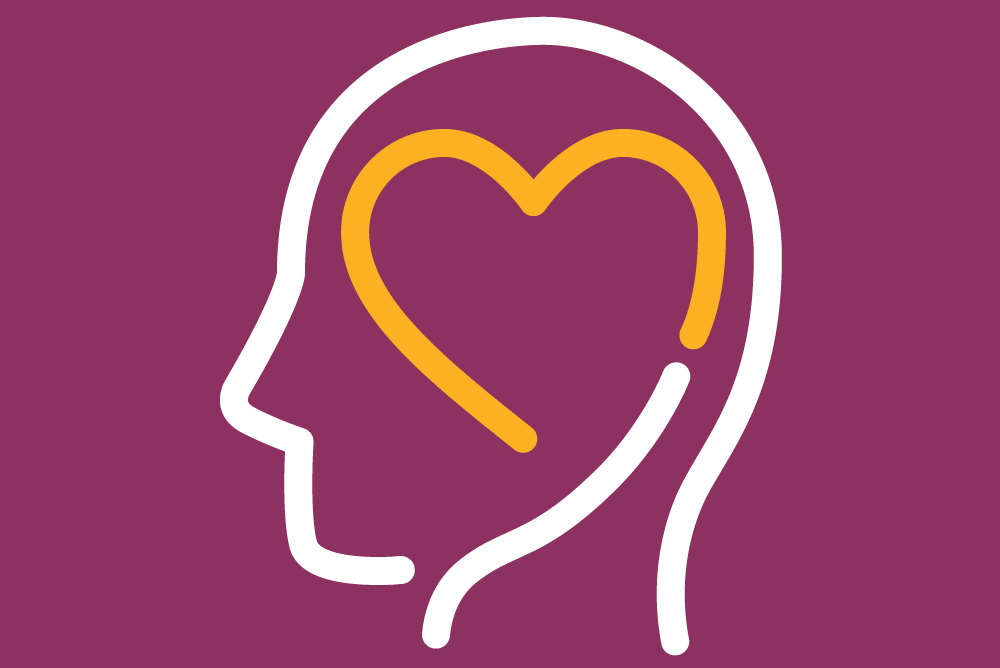While the effects of alcohol can feel good in the short term, it can cause problems for our health and well-being in the long term.
Alcohol can impact our physical health, mental health, and overall safety.
Physical & Mental Health


Physical & Mental Health
Personal Safety


Personal Safety
Safety issues such as impaired driving, violent outbursts, self harm, and sexual assault may arise when you or someone you are close with are under the influence of alcohol.
Long-Term Heavy Drinking


Long-Term Heavy Drinking
A habit of heavy drinking can have serious health impacts, especially for older adults.